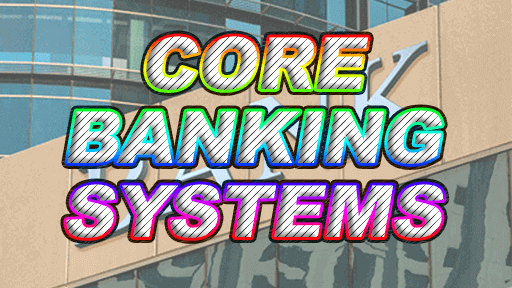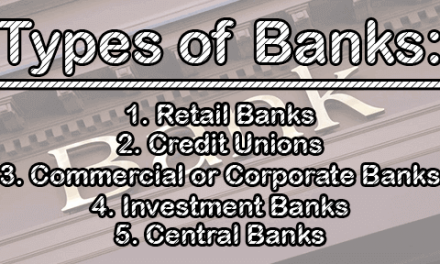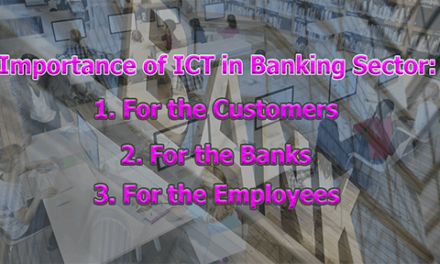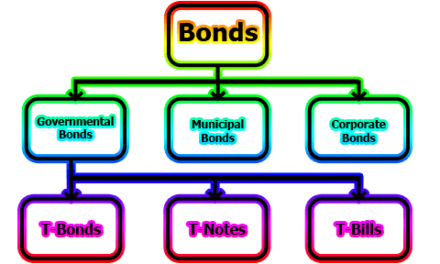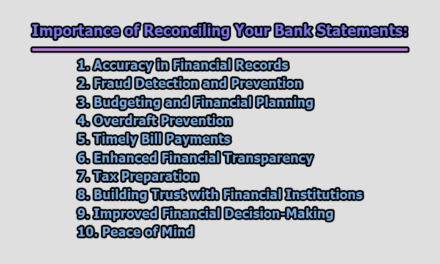Core Banking Systems
Transactions are now safer, quicker, and more efficient for both banking personnel and clients because of modern technology. The era of manually processing checks and transactions has passed. In order to enhance customer experiences and fortify internal infrastructure, banks can use Core Banking Systems (CBS) to provide streamlined, centralized operations throughout every branch of their network.
Definitions of Core Banking Systems
A CBS is a controlled back-end infrastructure designed to facilitate and handle transactions among bank branches. On the front end, a core banking system provides all the services that customers and banking professionals require to manage finances. On the back end, a core banking system secures data processing and reduces the risk of fraud (BMA Banking Systems).
A CBS is a back-end system that processes daily banking transactions and posts updates to accounts and other financial records. Core banking systems typically include deposit, loan, and credit processing capabilities, with interfaces to general ledger systems and reporting tools (Gartner).
A CBS is a banking service provided by a group of networked bank branches where customers may access their bank account and perform basic transactions from any of the member branch offices (Wikipedia).
Essential Services of Core Banking Systems
A CBS generally includes these main services:
- Processing deposits and withdrawals:
- Managing new accounts
- Calculating interest
- Servicing loans
- Managing customer accounts
- Processing checks
- Keeping records
- 24×7 functionality for branches
- Changes and updates to existing information if need
- Consulting and audit
- Data migration
- Database-related services
- Issue resolution
- Network monitoring
- Platform and system upgrade
- Database migration and optimization
- Testing and validation
- Participation in new products
- Preparation of test environments
- Verifications
- Managing fraud and risk
- Troubleshooting
Benefits of Core Banking Systems
With a better understanding of the working principle and features of the core banking platforms, let’s explore the key benefits:
Uniform Experiences Across all Branches: CBSs make it easy for banks to be responsible for uniform experiences at every branch of a banking system. In other words, a client may anticipate having the same experience at an ATM at any branch location around the nation or possibly the world. This uniformity can be transformed by CBS to online and mobile interactions, ensuring convenience and security when depositing checks, sending money, or monitoring account balances.
Customer Empowerment: Nowadays, there is less reliance on physically preparing a budget or balancing a checkbook. Customers of its bank clients are empowered by core banking technologies to know precisely what is happening with their money and to obtain this information with just a few taps on a smartphone or tablet. Customers are able to do their banking however they like, based on their personal preferences. This may result in quicker payment processing and 24/7 service access.
Stronger Banking Infrastructure: CBSs are used to organize internal banking activities as well as to enhance user experience and uniformity. This can be useful for banks aiming to increase efficiency and reduce the cost of manual banking, but it can also be a good starting point for De Novo banks. CBS reduce the possibility of human mistakes for banks, enhancing documentation procedures and customer retention.
Regulatory Compliance: Of course, there is a lot of regulation in the financial sector. To function on a national scale, banks must adhere to specific government regulations, and core banking systems can assist in this. CBS guarantee that customer data and assets are protected, internal employee processes are standardized, and transparency is maintained with an emphasis on fraud prevention and risk management.
Enhanced Productivity: Core banking platforms increase operational efficiency by reducing the time it takes to connect with multiple branches. As a result, banks can process transactions faster, regardless of the client’s physical location.
Improved Security: CBS uses advanced encryption modules to protect the infrastructure from hackers and malware. On the client’s side, bio-verification and two-factor authentication also provide additional layers of security to the platform. These features help banks maintain KYC standards and comply with other banking regulations.
24/7 Access to Banking Services: In this era of contactless payments, access to round-the-clock bank services is vital. Users can conduct financial operations anywhere and anytime since the core banking platform never goes offline. Clients can also contact customer support for assistance at any time.
Lower Operational Costs: Banks can rely on their core platforms to reduce operational costs since these systems require fewer human resources to function. Besides, the AI-powered infrastructure increases the completion rate of operations and reduces the chances of errors in documentation.
Multiple Currencies: Users can trade in multiple currencies instantly without needing to change large amounts at a currency exchange.
Limitations of Core Banking Systems
Despite the amazing benefits of core banking solutions, these systems still have flaws:
- Technical outages can impede normal banking operations and upset customers.
- Using a core banking system can result in a single point of failure that, in the event of a cyber-attack, impacts all branches at once.
- It can be expensive to purchase and maintain modern core banking systems, particularly for small and medium-sized banks.
- The infrastructure as a whole may be susceptible to system failure if it still uses outdated core banking software. Additionally, the upgrading project will be very expensive.
Finally, we can say that financial services provided by core banks have a number of benefits for both banks and their clients. Administrators of banks can boost ROI while preserving the highest possible degree of customer happiness by using advanced data analytics. Automation can also be used to maintain the infrastructure supporting your application. Most significantly, cutting-edge CBS will safeguard client and business data from hackers.
You May Also Read: BASIC BANKING TERMINOLOGIES

Assistant Teacher at Zinzira Pir Mohammad Pilot School and College

